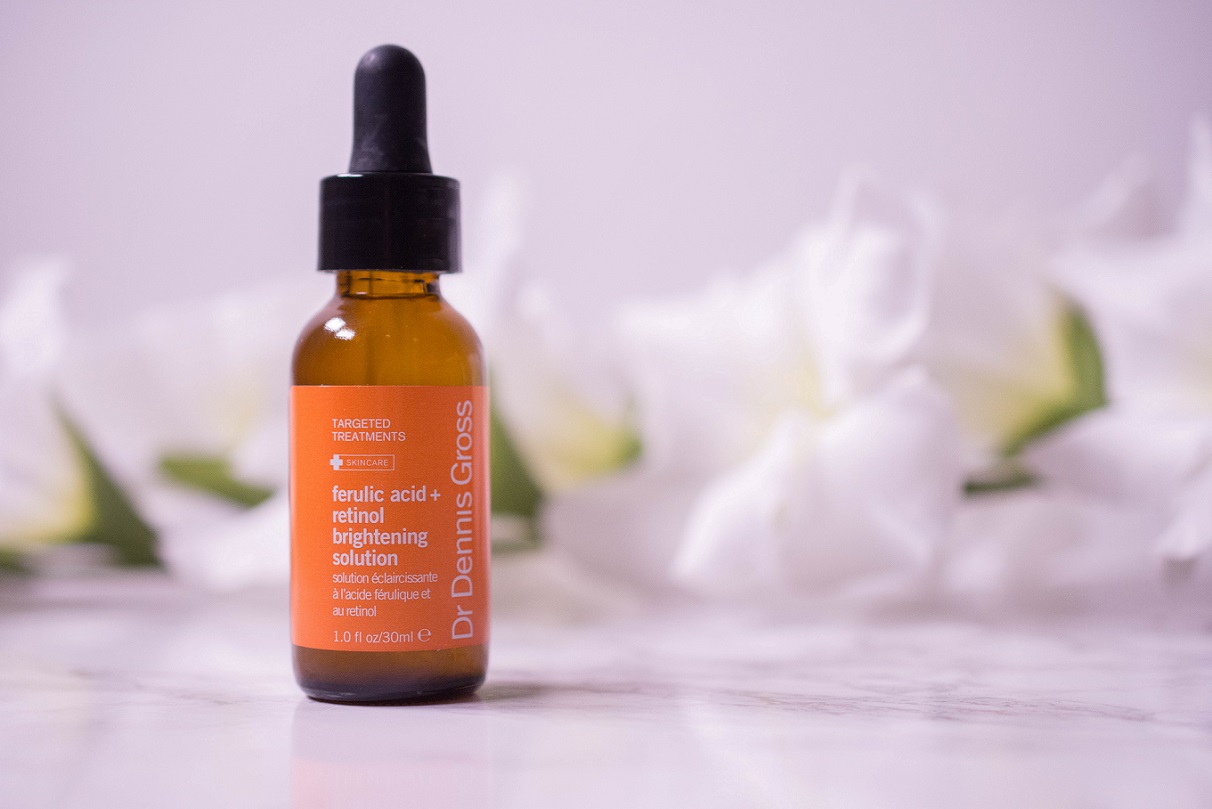Bakuchiol
Bakuchiol is an antioxidant that exists in a reasonable amount in the seeds of Psoralea corylifolia. This hugely popular plant-based retinol alternative soothes rashes, elbows out redness, and fixes cuts. That is not all; Bakuchiol is photostable, meaning it does not leave you with sun-sensitive skin.
Rambutan
Rambutan stimulates collagen production, reducing the signs of aging, including fine lines and wrinkles. High collagen stores also positively affect your skin elasticity and tone.
Rosehip Oil and Carrot Seed Oil
Rose oil and Carrot seed oil have high concentrations of vitamin A that promote skin elasticity, collagen production, and cellular turnover. Retinol is obtained from vitamin A, explaining why Rosehip oil and carrot seed oil offer similar benefits.
Benefits of Plant-Based Retinol Alternatives on Our Planet
To get enough Vitamin A to create retinol, manufacturers may synthesize the vitamin. Synthetic vitamin A (retinyl palmitate or retinyl acetate) is obtained from a mixture of palm oil with beta-ionone. Due to the increased demand for palm oil, we are more likely to experience deforestation of the rainforest. Plant-based retinol alternatives prevent deforestation of the rainforest, improving the health of our planet.
- Learn to Enjoy Self-care Routine - September 21, 2023
- Jonathan Aufray’s Story - July 29, 2023
- From Public Housing To Ivy League: The Inspiring Journey of Crystaltharrell.com and its Founder - June 7, 2023







